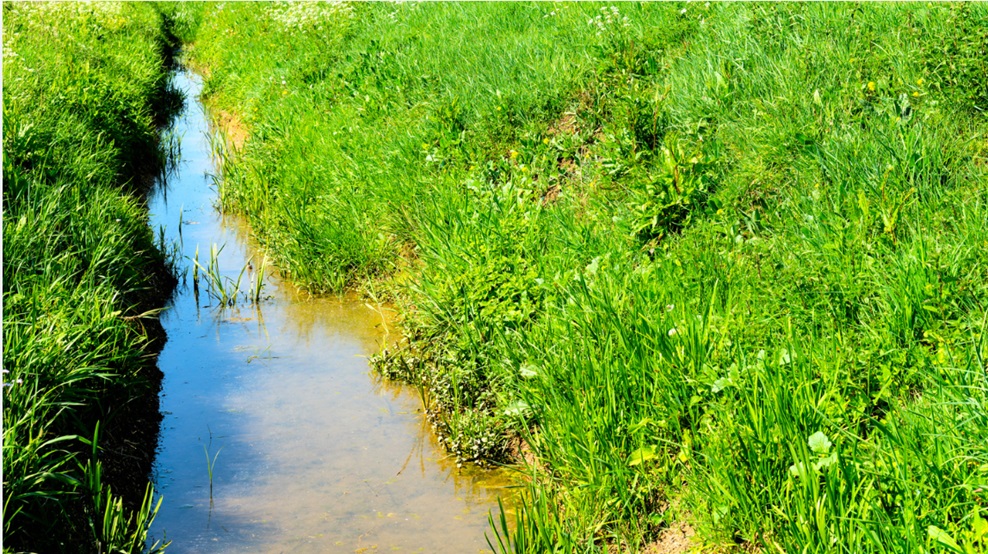
Maintaining a healthy home environment extends far beyond interior upkeep. One crucial yet often overlooked aspect is the proper functioning of residential drainage systems. For homeowners in Roswell and surrounding areas, understanding the importance of residential drainage in Roswell is essential for preserving property value and preventing potential disasters.
The Significance of Regular Inspections
Regular inspections of residential drainage systems offer numerous benefits and help address several challenges:
Preventing Water Damage
A primary function of drainage systems is diverting water away from home foundations. When these systems fail, water accumulation can lead to foundation cracks, basement flooding, mold growth, and structural damage. Regular inspections allow homeowners to identify and address issues before they escalate into costly repairs.
Maintaining Landscape Health
Proper drainage is vital for yard and landscaping health. Inadequate drainage can result in soil erosion, waterlogged plants, dead lawn patches, and mosquito breeding grounds. Consistent inspections ensure effective water flow management, protecting landscape investments.
Ensuring Regulatory Compliance
Many municipalities enforce regulations on residential drainage to prevent neighborhood flooding and protect water quality. Regular inspections help ensure systems remain compliant with local codes and standards, avoiding potential legal issues.
Key Components of a Comprehensive Drainage Inspection
A thorough drainage inspection should cover several critical areas:
Gutters and Downspouts
Inspectors examine gutters and downspouts for debris accumulation, proper slope, secure attachment, and correct downspout placement. These components play a crucial role in directing water away from the home’s foundation.
Underground Drainage Systems
French drains and catch basins are essential for managing excess water. Inspections assess proper grading, potential blockages, and the structural integrity of pipes and basins.
Sump Pump Functionality
For homes with basements or crawl spaces, sump pumps are vital. Inspections verify pump functionality, battery backup systems, and proper discharge locations to ensure optimal performance during heavy rainfall or flooding events.
Surface Grading Analysis
The land surrounding a home should slope away from the foundation. Inspectors evaluate the adequacy of this slope, identify low spots that may collect water, and check for erosion near the foundation.
Recommended Inspection Frequency
The frequency of drainage inspections can vary based on climate, property age, and recent landscape changes. Generally, annual professional inspections are recommended, with additional visual checks by homeowners after major storms or seasonal changes.
The Value of Professional Inspection Services
While homeowners can perform basic visual inspections, professional services offer significant advantages. These include specialized equipment for detecting underground issues, expertise in local drainage regulations, and the ability to provide comprehensive solutions for complex problems.
Innovations in Residential Drainage
Recent advancements in drainage technology offer improved solutions for homeowners. Smart drainage systems, which use sensors and automated controls, can adjust water flow based on real-time conditions. Additionally, eco-friendly drainage options, such as rain gardens and permeable pavers, are gaining popularity for their ability to manage water runoff while enhancing landscape aesthetics.
Effective Yard Drainage Management
Understanding how to navigate yard drainage challenges is essential for maintaining a healthy landscape and protecting a home’s foundation. Proper grading, strategic plant placement, and installation of appropriate drainage systems significantly improve water management on residential properties.
Future Trends in Residential Drainage
As climate change leads to more extreme weather events, residential drainage systems will likely become increasingly sophisticated. Experts predict a rise in the integration of artificial intelligence in drainage management, allowing for predictive maintenance and more efficient water utilization.
Conclusion
Regular inspections of residential drainage systems are a crucial aspect of home maintenance. By proactively identifying and addressing issues, homeowners can protect their property, maintain their landscape, and contribute to the overall health of their community’s water management system. As drainage technology continues to evolve, staying informed about best practices and emerging trends will be key to effective long-term property management.



